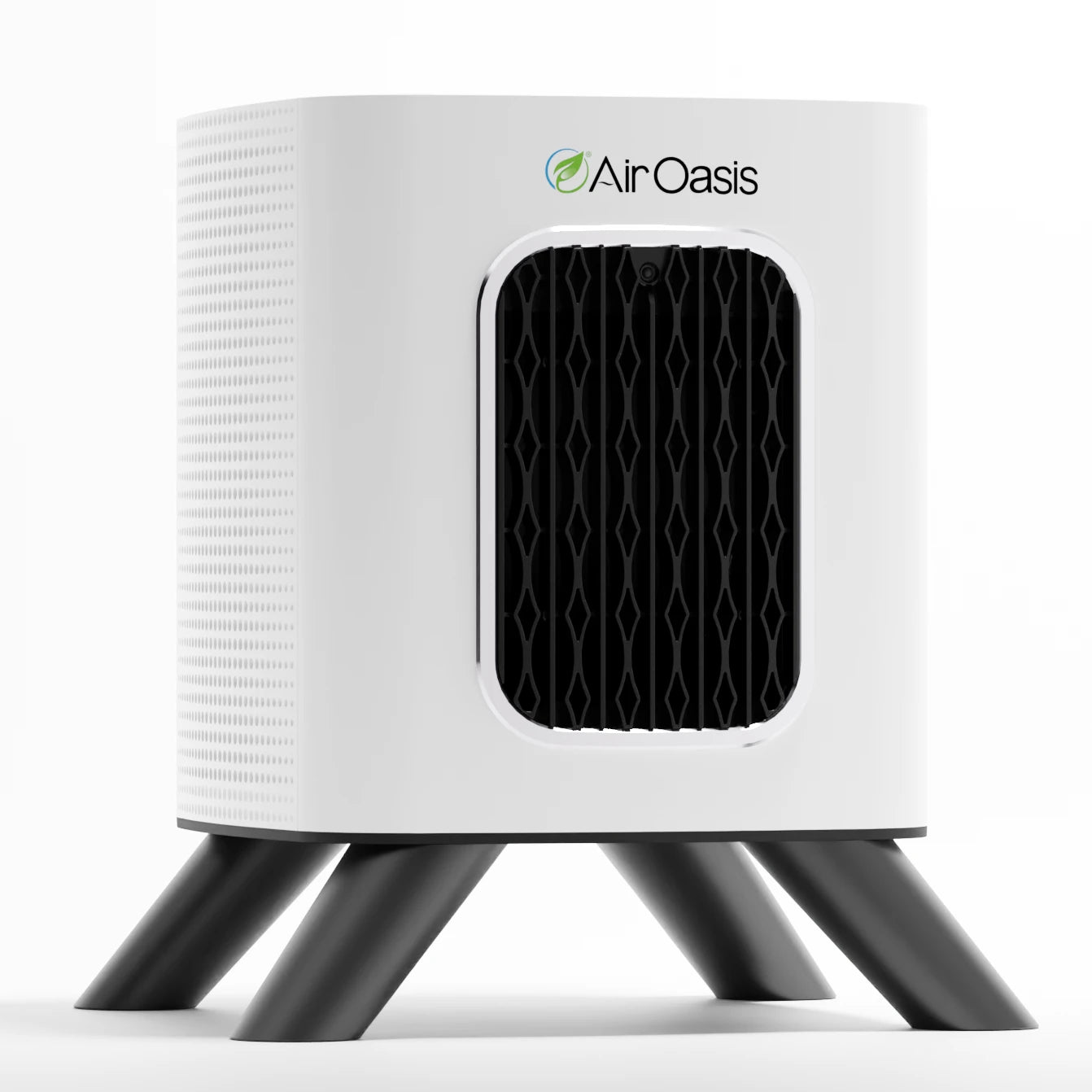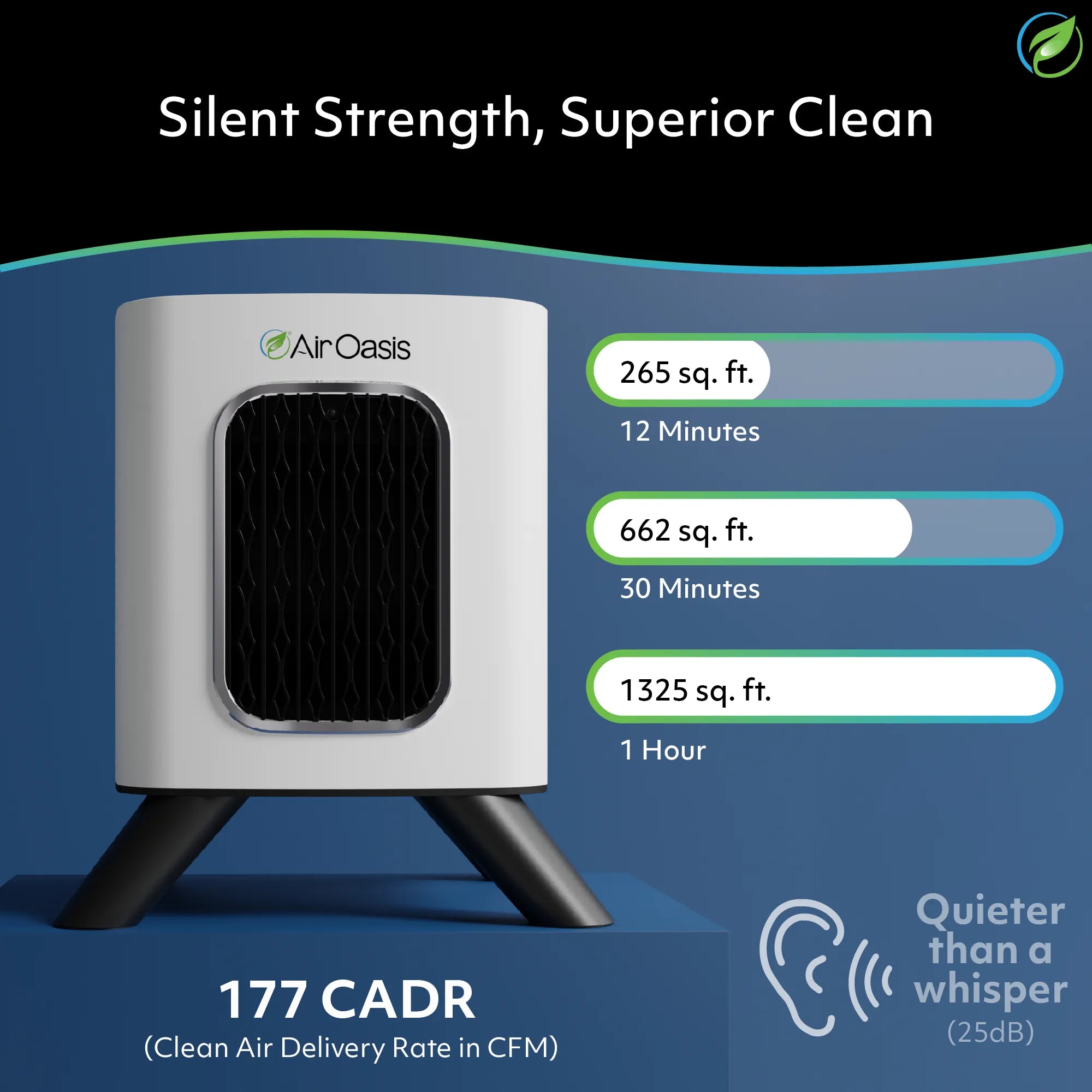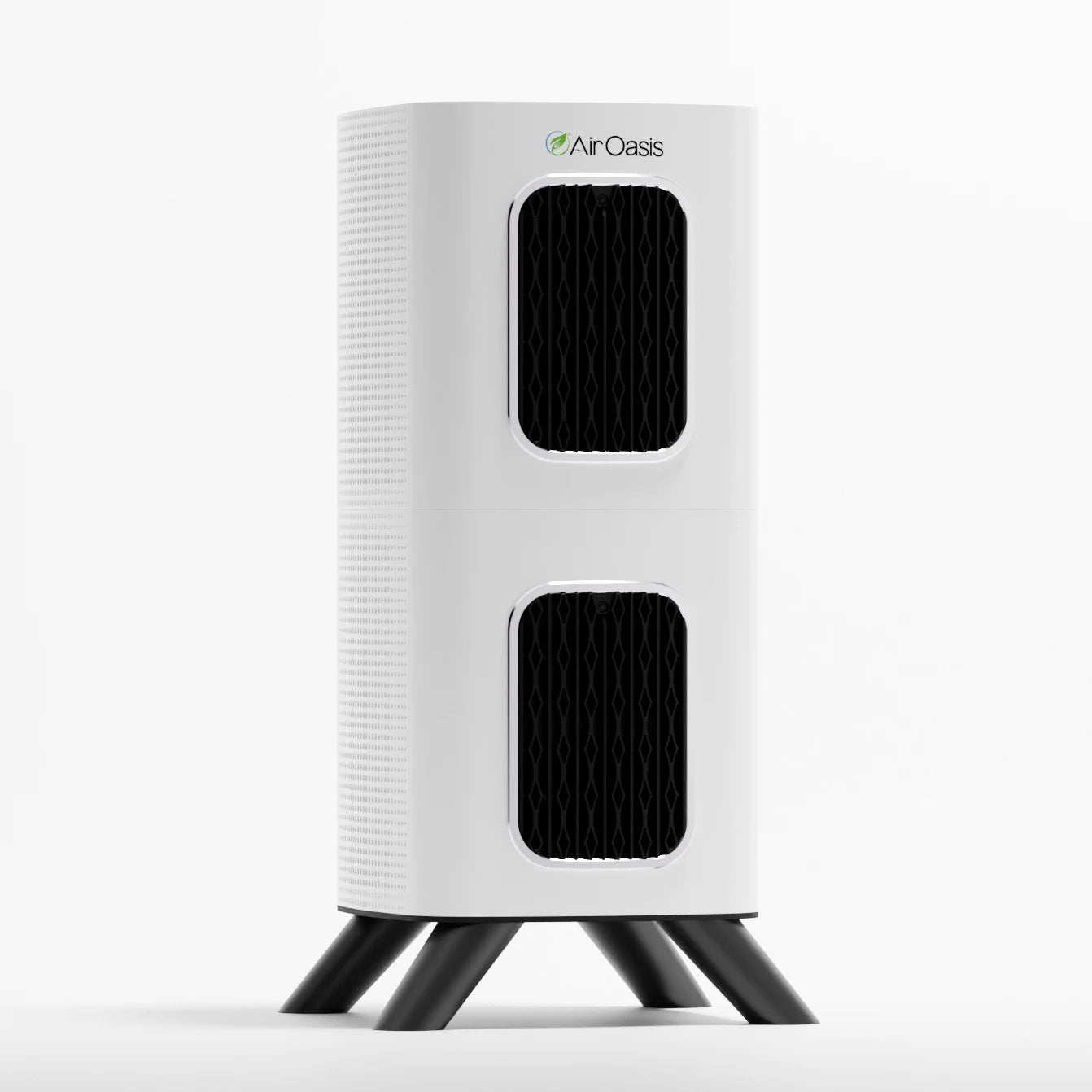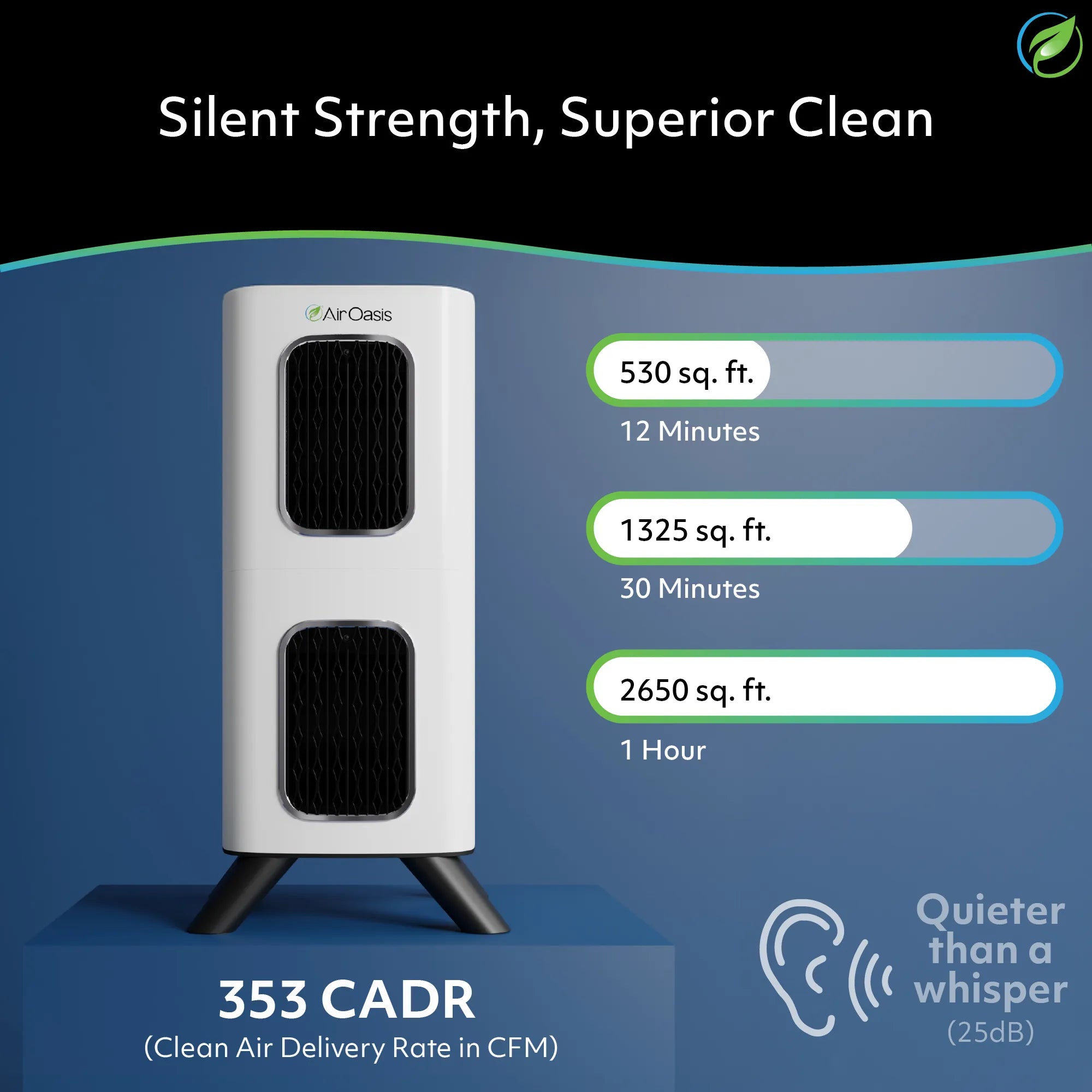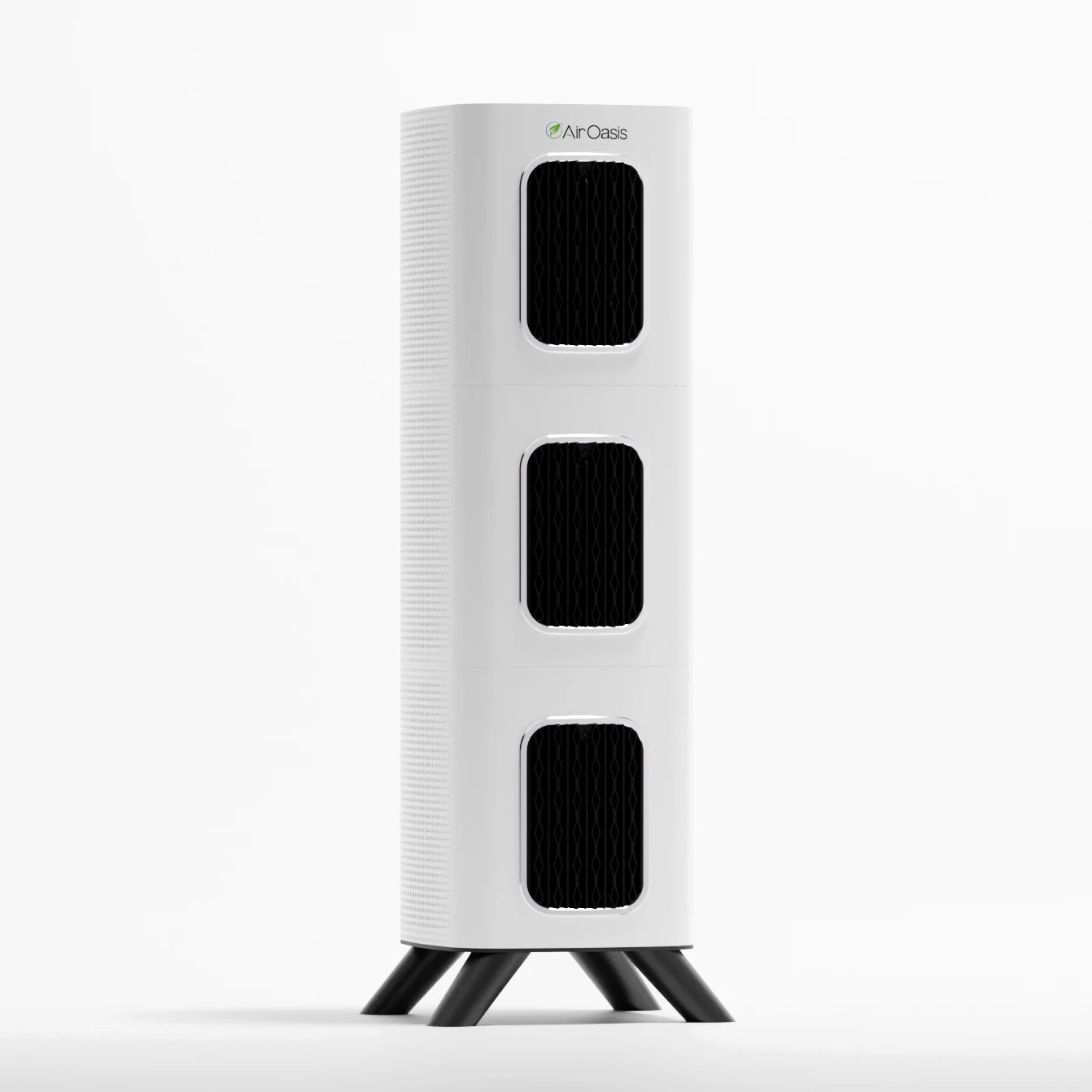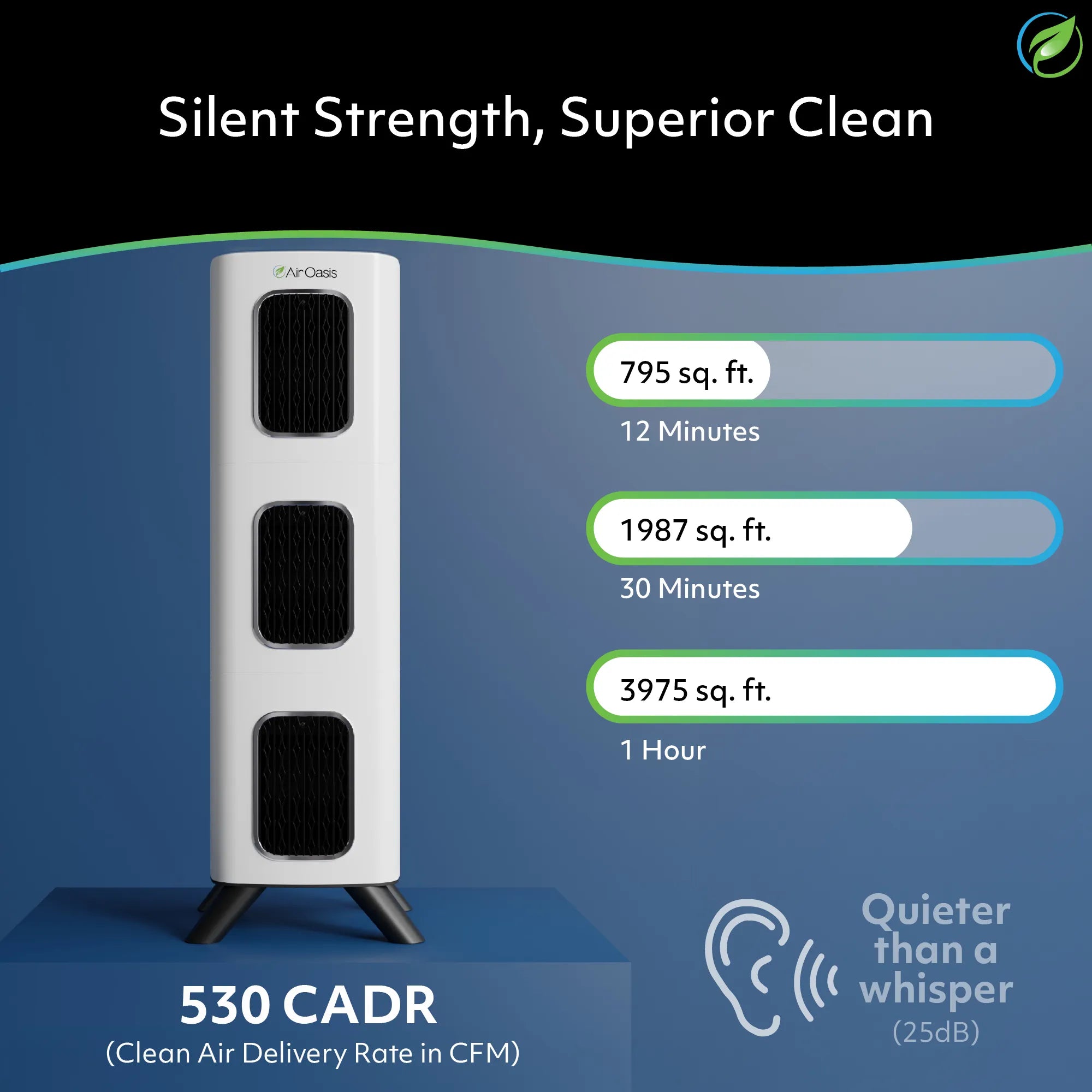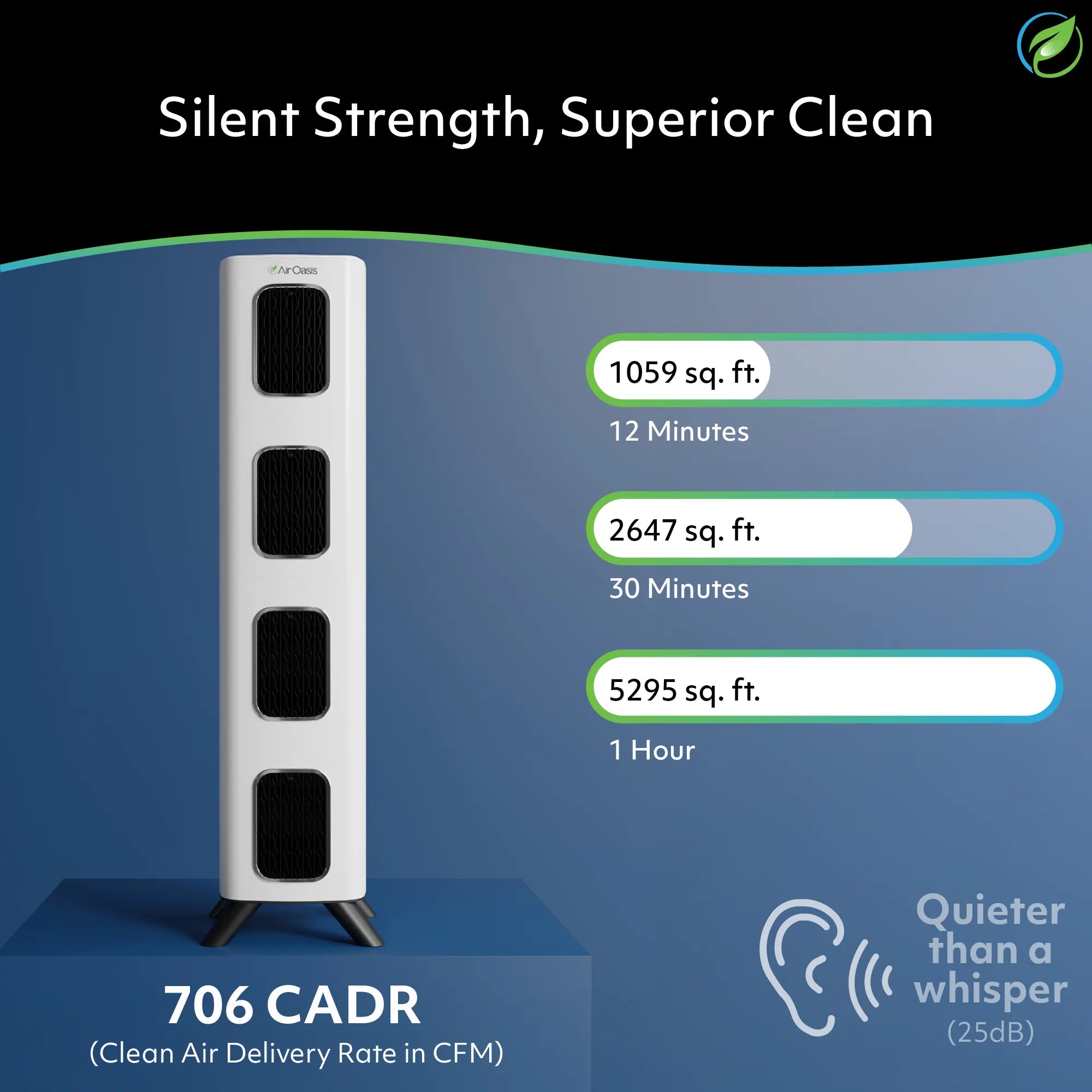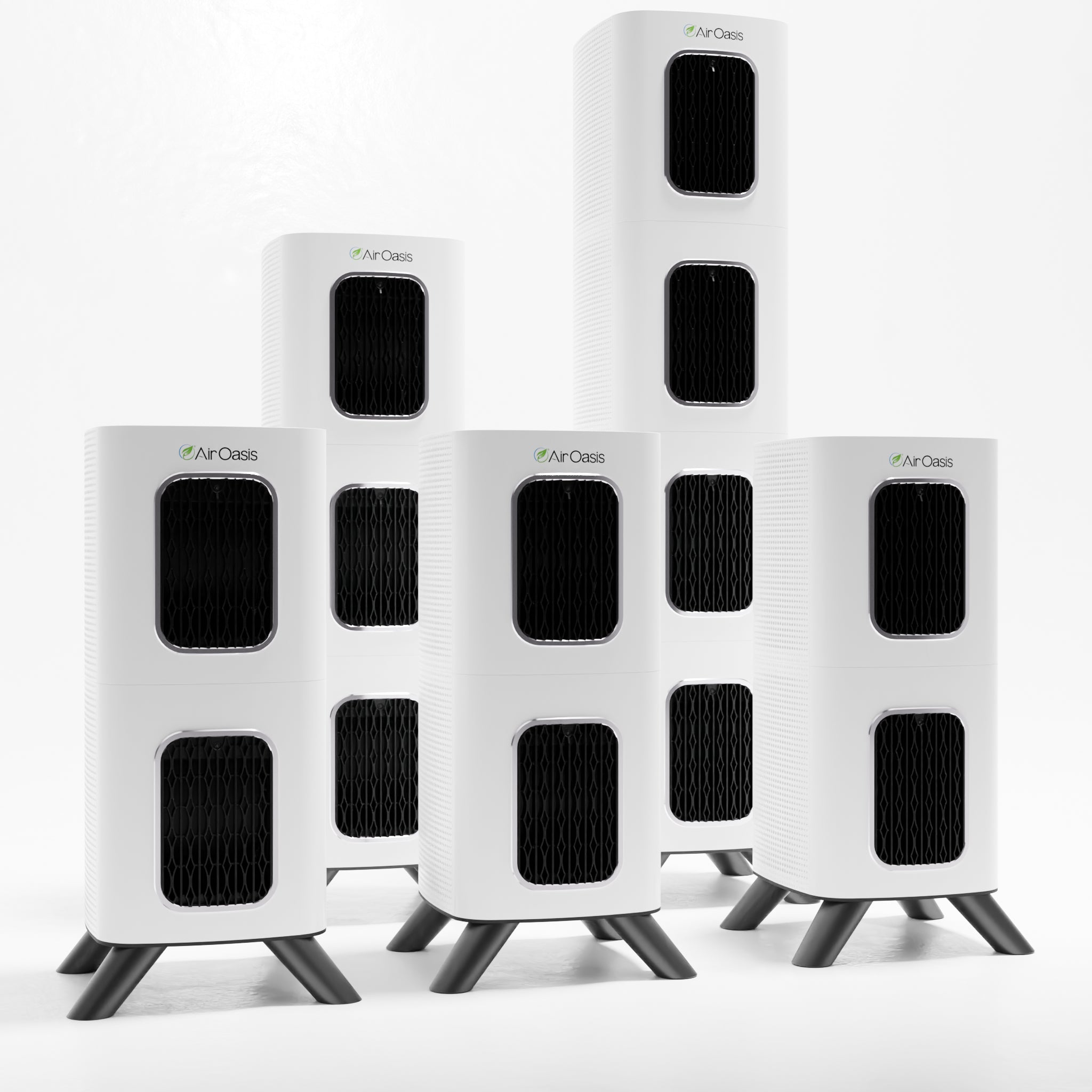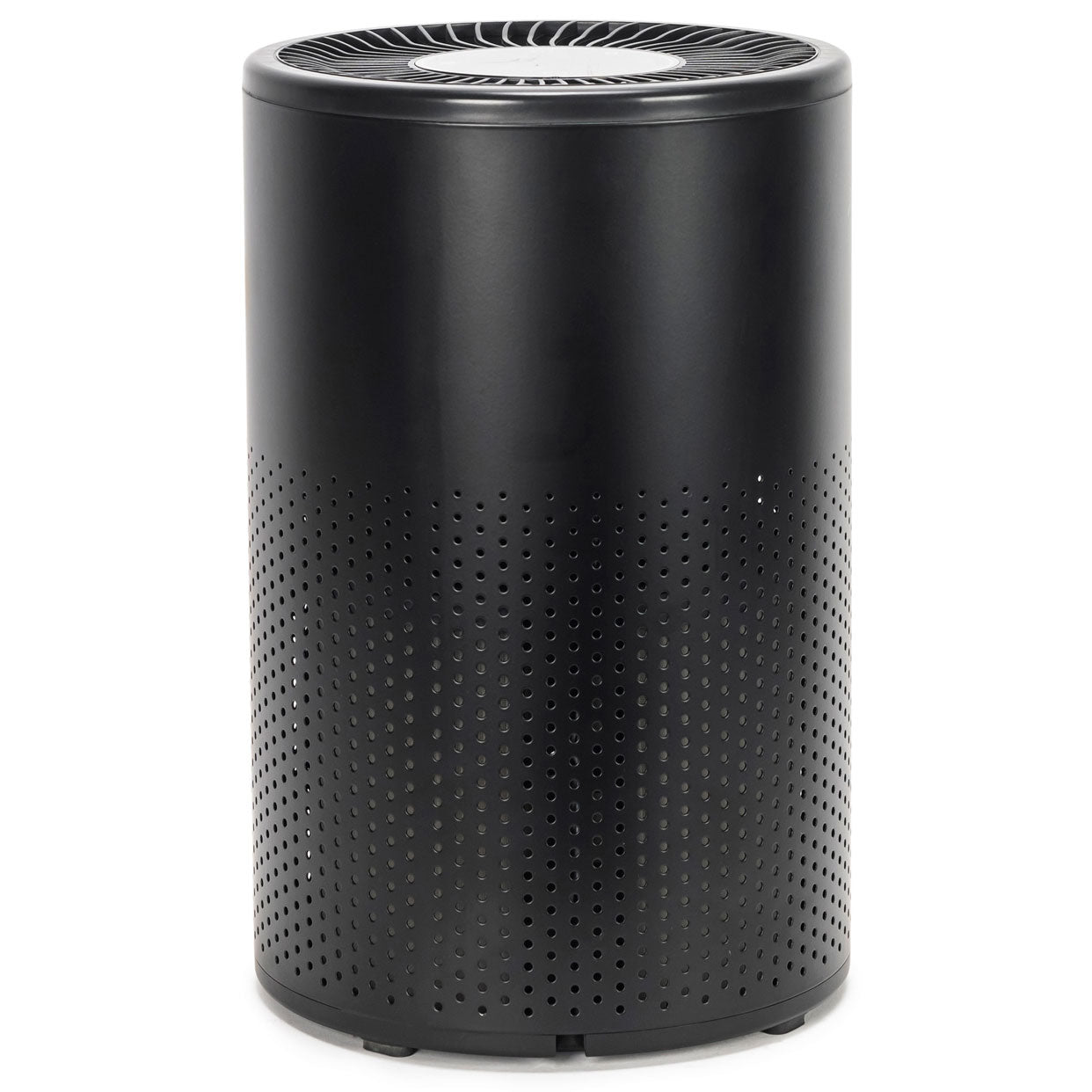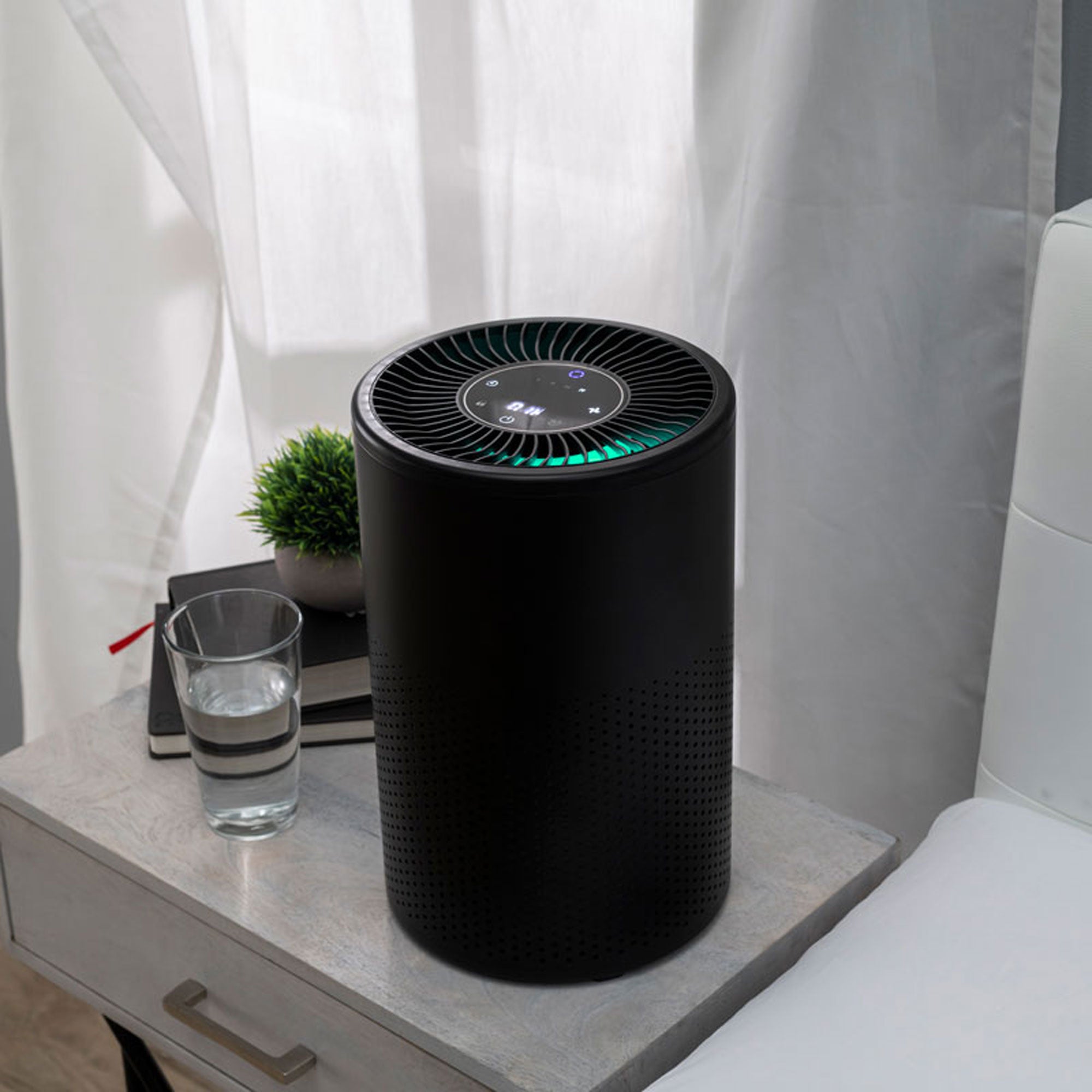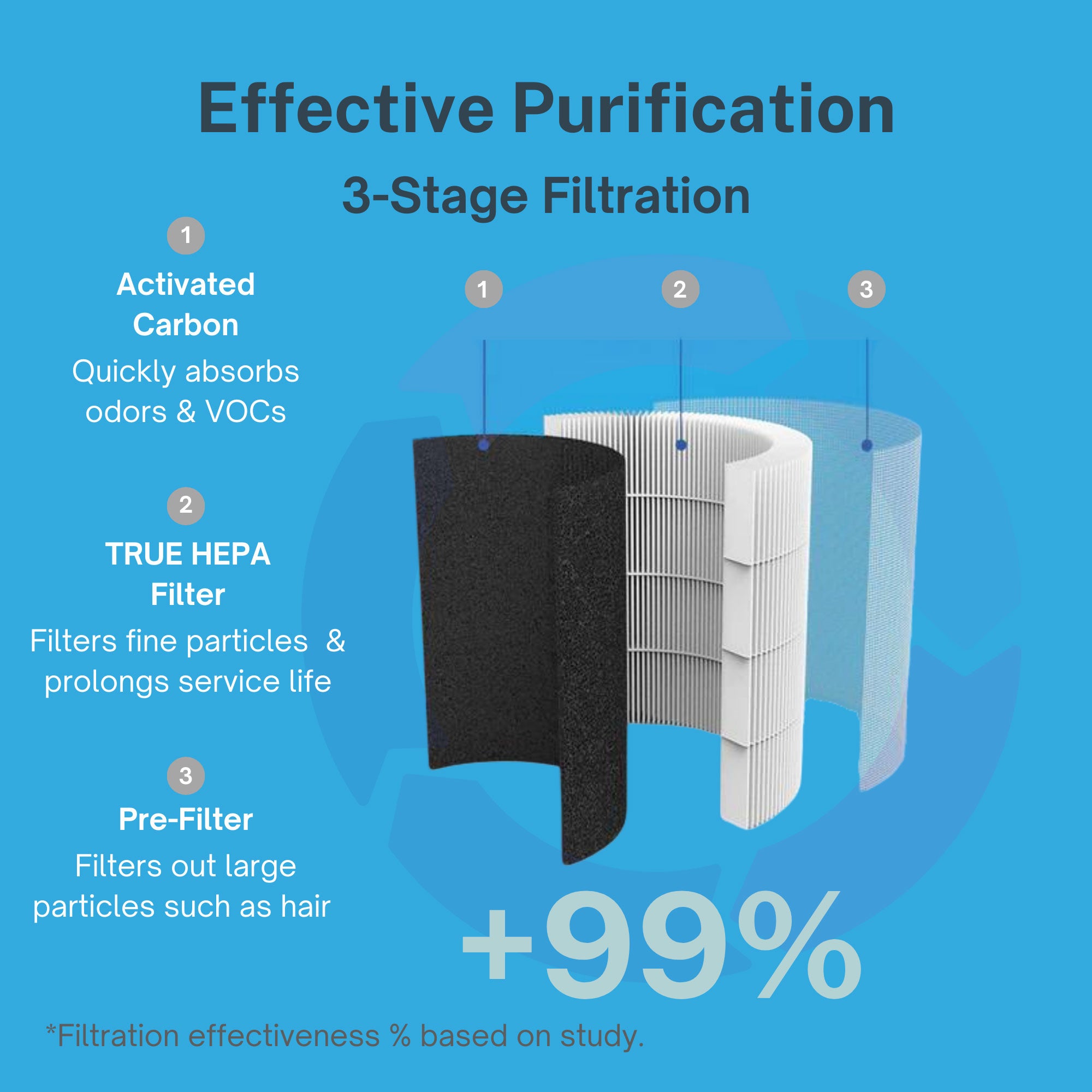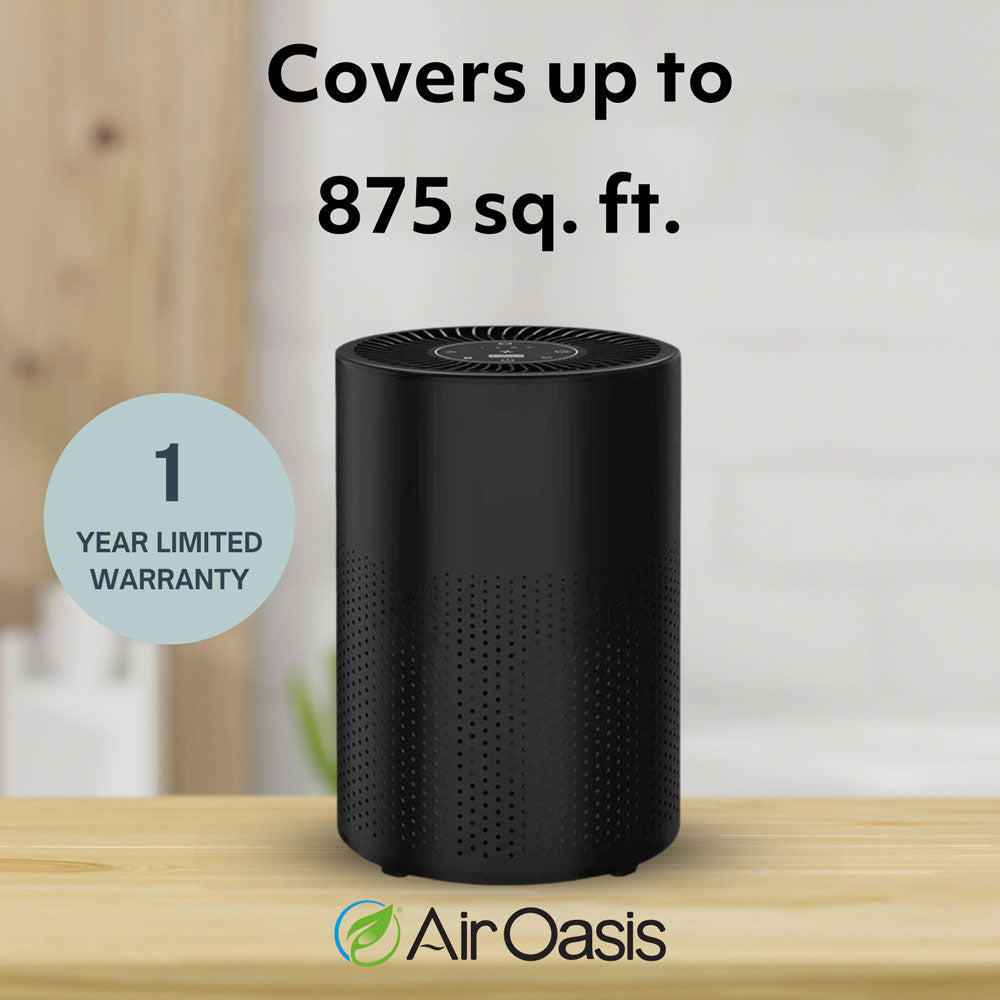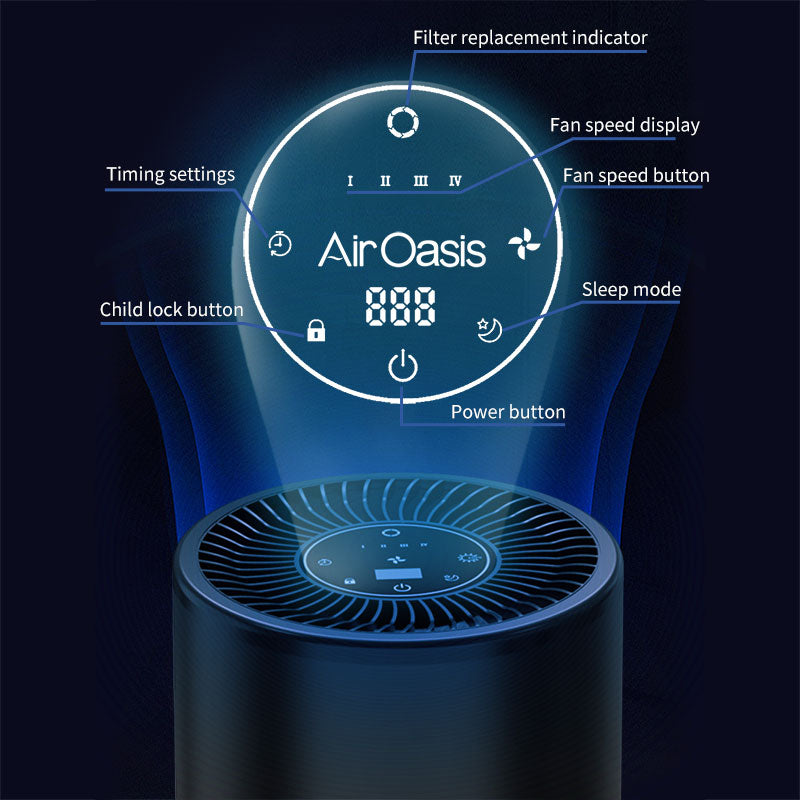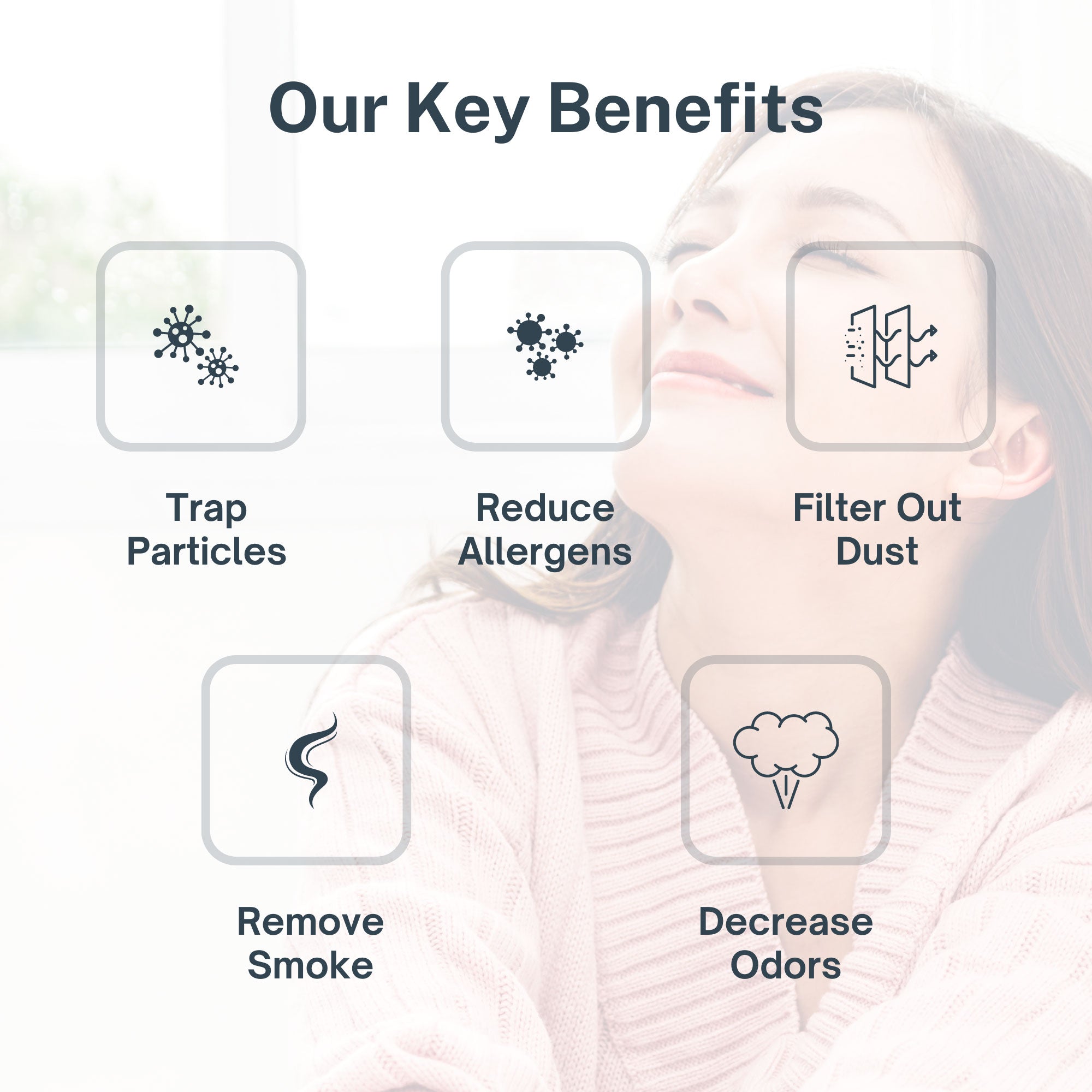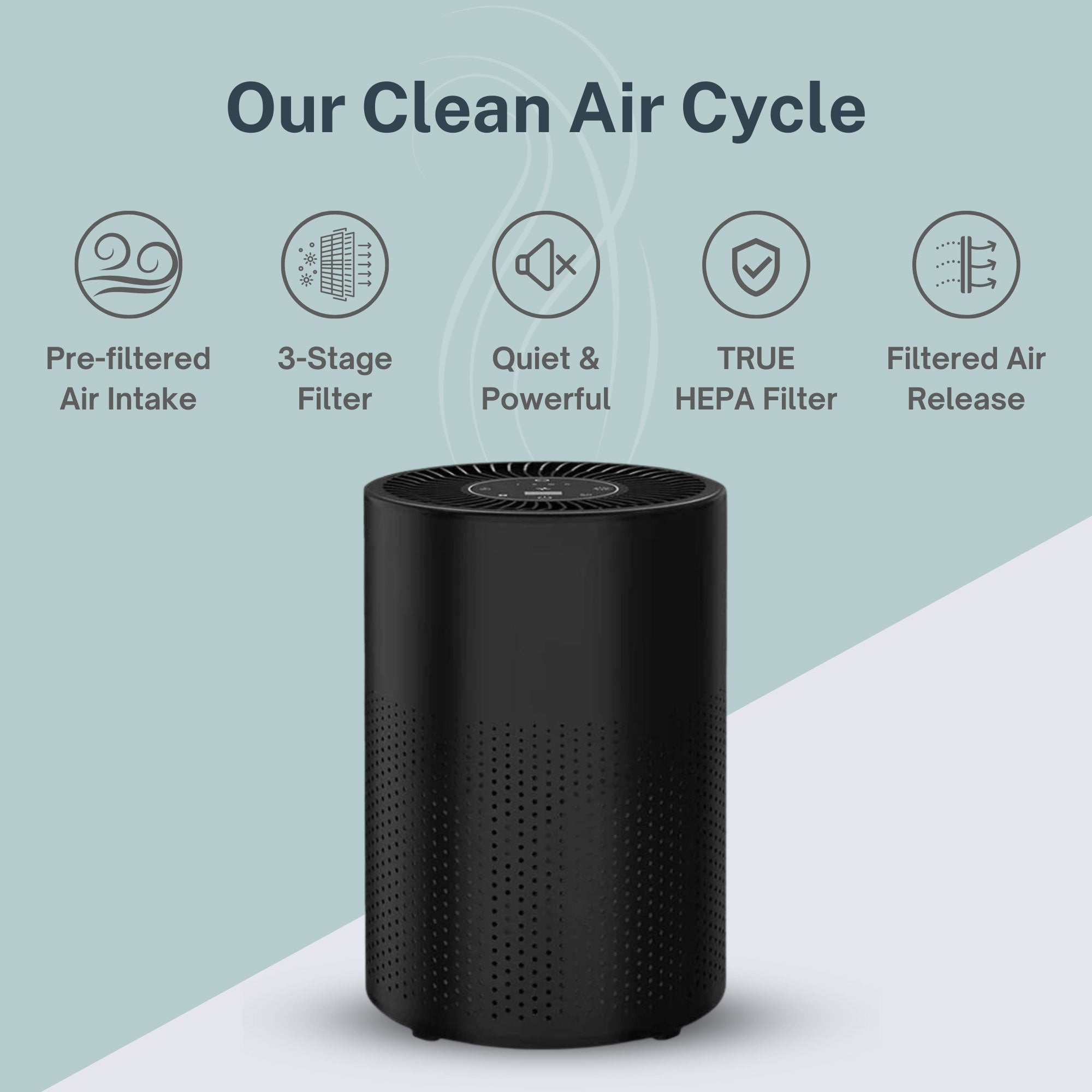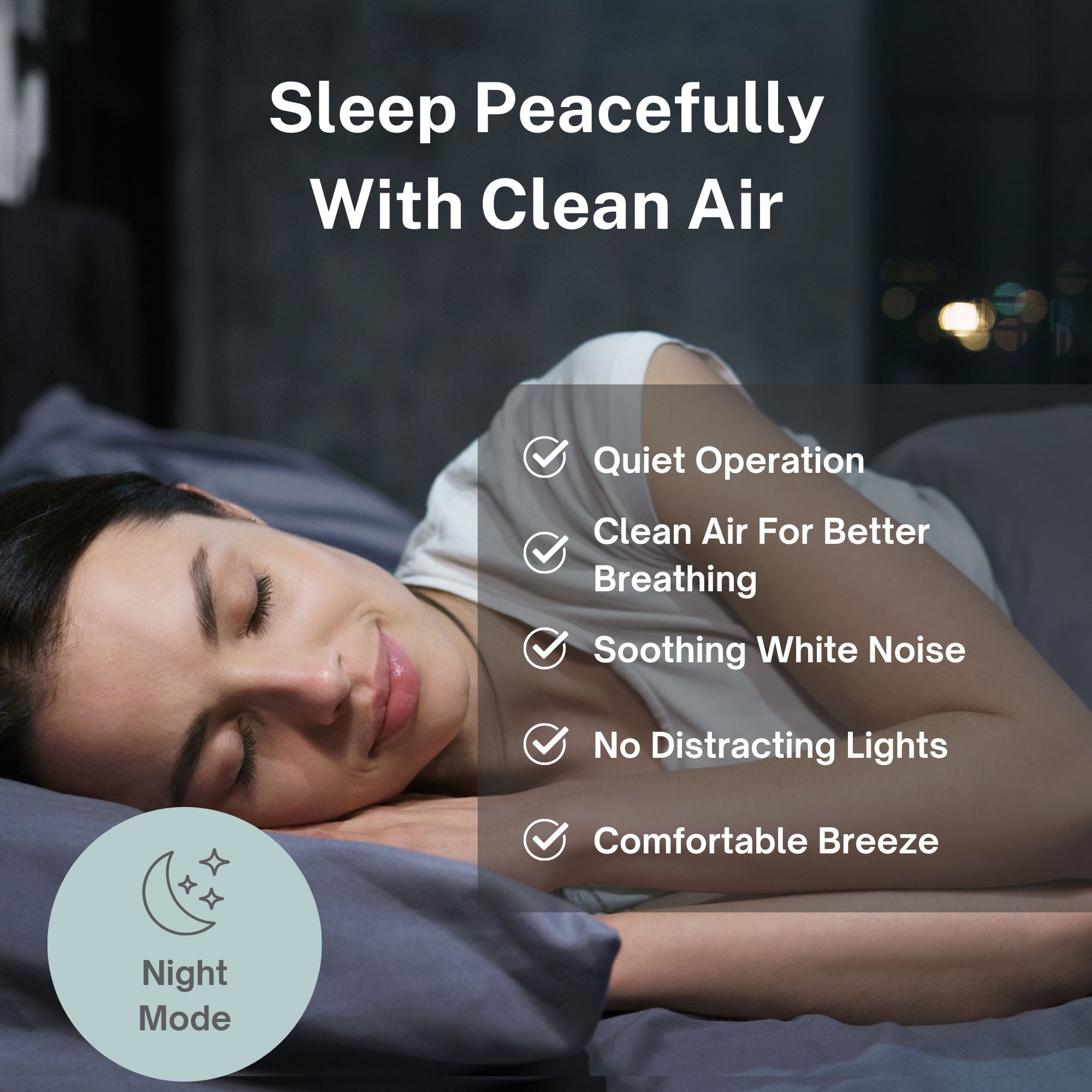Every breath matters more than you might realize. While we often associate air pollution with temporary discomfort like coughing or watery eyes, emerging research reveals a more sobering reality: the air we breathe is literally determining how long we live. According to groundbreaking global studies, air pollution currently shortens the average human lifespan by 1 year and 8 months—making it a more significant factor in longevity than many diseases we actively fear and treat.
The Silent Lifespan Thief: How Air Pollution Ranks Among Global Health Threats
To put this impact in perspective, consider that air pollution's effect on life expectancy ranks just behind some of humanity's most significant health threats. Based on 2019 data, while cancer reduces average global life expectancy by 2.5 years and tobacco by 2.1 years, air pollution's 1.8-year reduction places it firmly among the top global health concerns—far outranking other environmental factors like inadequate water and sanitation (0.6 years) or diseases like malaria (0.3 years).
"It's a little bit like a diet," explains Christa Hasenkopf, director of the University of Chicago's Air Quality Life Index. "You can have bad days and it won't affect your overall trend, but as soon as those bad days become your average, that's when you start having an issue."
The University of Chicago's Air Quality Life Index project has now estimated this impact to be even greater—reducing global average life expectancy by 2.2 years when comparing current air quality to the World Health Organization's guideline of 5 micrograms of particulate matter per cubic meter of air.
This silent threat operates largely through fine particulate matter (PM2.5)—particles so microscopically small that they can bypass the body's natural defenses. To put their size in perspective, the EPA notes that the diameter of a human hair is approximately 30 times larger than the largest PM2.5 particle. These minuscule invaders can penetrate deep into the lungs and even enter the bloodstream, triggering systemic inflammation that contributes to numerous life-shortening conditions.
The Geographic Lottery: Where You Live Determines How Much Life You Lose
The life expectancy impact of air pollution isn't distributed equally across the globe. Regions facing the highest pollution levels typically experience the most dramatic reductions in lifespan. The data reveals striking geographical patterns:
- Middle Eastern and North African countries bear some of the heaviest burdens, with Egypt losing 2.11 years of life expectancy and Saudi Arabia 1.91 years.
- Across Asia, the impact is similarly severe, with India losing 1.51 years, China 1.32 years, and Pakistan 1.31 years of average life expectancy.
- Countries with the most extreme life expectancy losses include Papua New Guinea (3.2 years), Niger (3.1 years), and Somalia (3.04 years).
- In stark contrast, countries with clean air like Norway, Sweden, Australia, and New Zealand lose only 0.07-0.1 years of life expectancy to air pollution.
This geographic disparity creates what researchers call a "double burden" in many less-developed regions. Not only do these areas face high ambient PM2.5 levels from industrial, transportation, and natural sources, but they also experience significant household air pollution from indoor cooking and heating using solid fuels. This combination can reduce life expectancy by 2 to 2.8 years in the most affected countries.
Beyond Averages: Understanding Individual Risk Factors
While these statistics represent population averages, individual risk can vary significantly based on several factors:
- Age Dynamics: Air pollution's effects accumulate over time and typically manifest in older populations. This explains why China, with its aging demographic, experiences more air pollution-related deaths than India, despite similar PM2.5 levels.
- Baseline Health: Those with pre-existing respiratory or cardiovascular conditions face heightened vulnerability to air pollution's life-shortening effects.
- Exposure Patterns: Short-term exposure to extremely poor air quality—like during wildfire events—may have lasting impacts. Research from Stanford University found that each day a pregnant woman was exposed to wildfire smoke during pregnancy increased premature birth risk by nearly half a percentage point.
- Cumulative Effects: Dr. Michael Brauer, principal research scientist at the University of Washington's Institute for Health Metrics and Evaluation, notes that even short extreme pollution events contribute to "the major killers that affect all of us"—including lung and heart disease, stroke, diabetes, and increasingly, dementia.
This complex interplay between exposure patterns, individual health factors, and demographic characteristics means that personal risk assessment goes beyond simply knowing regional air quality indexes.
The Mechanisms Behind Lost Years: How Air Pollution Damages Health
Understanding how air pollution reduces life expectancy requires examining its biological mechanisms. PM2.5 particles are particularly dangerous because their microscopic size allows them to penetrate deep into the respiratory system and even enter the bloodstream. This infiltration triggers cascading health effects:
- Cardiovascular System: Fine particles cause inflammation in blood vessels, increasing the risk of heart attacks, strokes, and hypertension—all leading causes of premature death.
- Respiratory System: Chronic exposure damages lung tissue, reducing function and increasing susceptibility to respiratory infections, COPD, and lung cancer.
- Metabolic Health: Growing evidence links air pollution exposure to increased risk of diabetes and metabolic disorders that significantly reduce life expectancy.
- Neurological Impact: Recent research has uncovered concerning connections between air pollution and accelerated cognitive decline, with exposure increasing dementia risk—a condition that dramatically shortens healthy life years.
- Prenatal Development: As the Stanford study on wildfire smoke exposure during pregnancy demonstrated, air pollution can affect health from the earliest stages of life, potentially programming long-term health vulnerabilities.
These mechanisms explain why air pollution's effects extend far beyond respiratory symptoms, making it a truly systemic health threat that affects virtually every bodily system involved in determining longevity.
Creating Clean Air Sanctuaries: Protecting Your Longevity
While the statistics paint a concerning picture, they also highlight a significant opportunity: reducing air pollution exposure could add years to your life. Here are evidence-based strategies to protect your longevity:
- Indoor Air Purification: Given that people spend approximately 90% of their time indoors, creating clean air environments at home and work provides substantial protection. High-efficiency air purifiers with true HEPA filtration can remove up to 99.97% of airborne particles as small as 0.3 microns—including many PM2.5 particles linked to reduced life expectancy.
- Multi-Stage Filtration: For comprehensive protection, look for air purification systems that combine HEPA filtration with activated carbon and other technologies to address both particulate and gaseous pollutants. This multi-layered approach captures the wide spectrum of airborne contaminants that contribute to health damage.
- Strategic Timing: On days with poor outdoor air quality, minimize outdoor activities, keep windows closed, and run air purifiers at higher settings. This approach reduces cumulative exposure during pollution spikes.
- Ventilation Management: When outdoor air quality is good, proper ventilation helps prevent the buildup of indoor pollutants. Balancing ventilation with filtration provides optimal indoor air quality.
- Air Quality Monitoring: Real-time monitoring of both indoor and outdoor air quality allows for informed decisions about when to implement protective measures.
These protective strategies become particularly important during extreme pollution events like wildfire seasons, which climate change is making increasingly common across many regions.
The Future of Air Quality and Human Longevity
The research on air quality and life expectancy offers both caution and hope. The caution lies in understanding that our air is literally determining how long we live—making clean air not just an environmental issue but a fundamental health equity concern. The hope comes from knowing that improved air quality could add years to human life.
Countries that have successfully reduced air pollution demonstrate the potential gains. China, for example, has seen significant improvements in some regions through aggressive air quality policies, potentially adding months back to average life expectancy. These successes show that both policy change and personal protection strategies can make a meaningful difference.
As climate change and continued industrialization threaten to worsen air quality in many regions, the connection between air pollution and longevity will likely become even more pronounced. This makes both advocacy for cleaner air policies and personal protection measures increasingly important components of any longevity strategy.
Taking Control of Your Air, Taking Control of Your Lifespan
The data is clear: the air you breathe is a major determinant of how long you will live. While you may not be able to control ambient air quality in your region, you can take meaningful steps to reduce your personal exposure and potentially add years to your life.
By creating clean air environments in your home and workplace through effective air purification technology, you're not just addressing a comfort issue—you're making a significant investment in your longevity. When implemented consistently, these protective measures can substantially reduce your lifetime exposure to the PM2.5 particles robbing years from billions of lives globally.
As research continues to uncover the profound connections between air quality and lifespan, one thing becomes increasingly evident: clean air isn't a luxury—it's a fundamental requirement for a long, healthy life. Shop Air Oasis today to find the right air purification solution for your home and take a critical step toward protecting your longevity.




